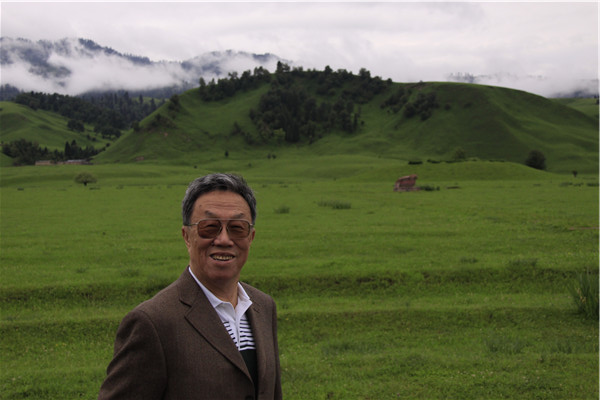 |
|
Writer Wang Meng. [Photo provided to China Daily] |
They then took it to Wang and told him that the novel made for great reading, a claim which he did not take seriously.
However, after reading the novel, Wang admitted thar it was good, although with a lot of historical color.
He was moved to tears while reading some parts of it, because "despite the political elements, the novel talks in unprecedented detail about every aspect of life of the 14 ethnic groups.
"It deals with the religious practices, dining, drinking, weddings and dancing of the Uygur, Kazak, Hui and other ethnic groups," he says.
He wrote in the postscript to the novel: "What can live long is not political labels, power symbols, historical climaxes and irresistible political forces. It is life, the people, love and trust. It is the details, the narration, the world."
"I am so lucky that I found the 1960s again, the middle part of my life, just like a steamed fish when you find the middle of the fish, which has the thickest flesh," he writes.
Besides the story, Wang also has comments at the end of each chapter.
During his 16-year stay in Xinjiang, Wang mastered the Uygur language. The novel was conceived in the Uygur language, which gives it a strong local flavor.
Azati Sulitan, chairman of the Xinjiang Uygur Autonomous Region Writers Association, says that "this is a work that represents all writing by either Han writers or other ethnic writers describing Xinjiang and its people with detail, accuracy, profundity and length."
|
|
|
|
|
|
|
|
